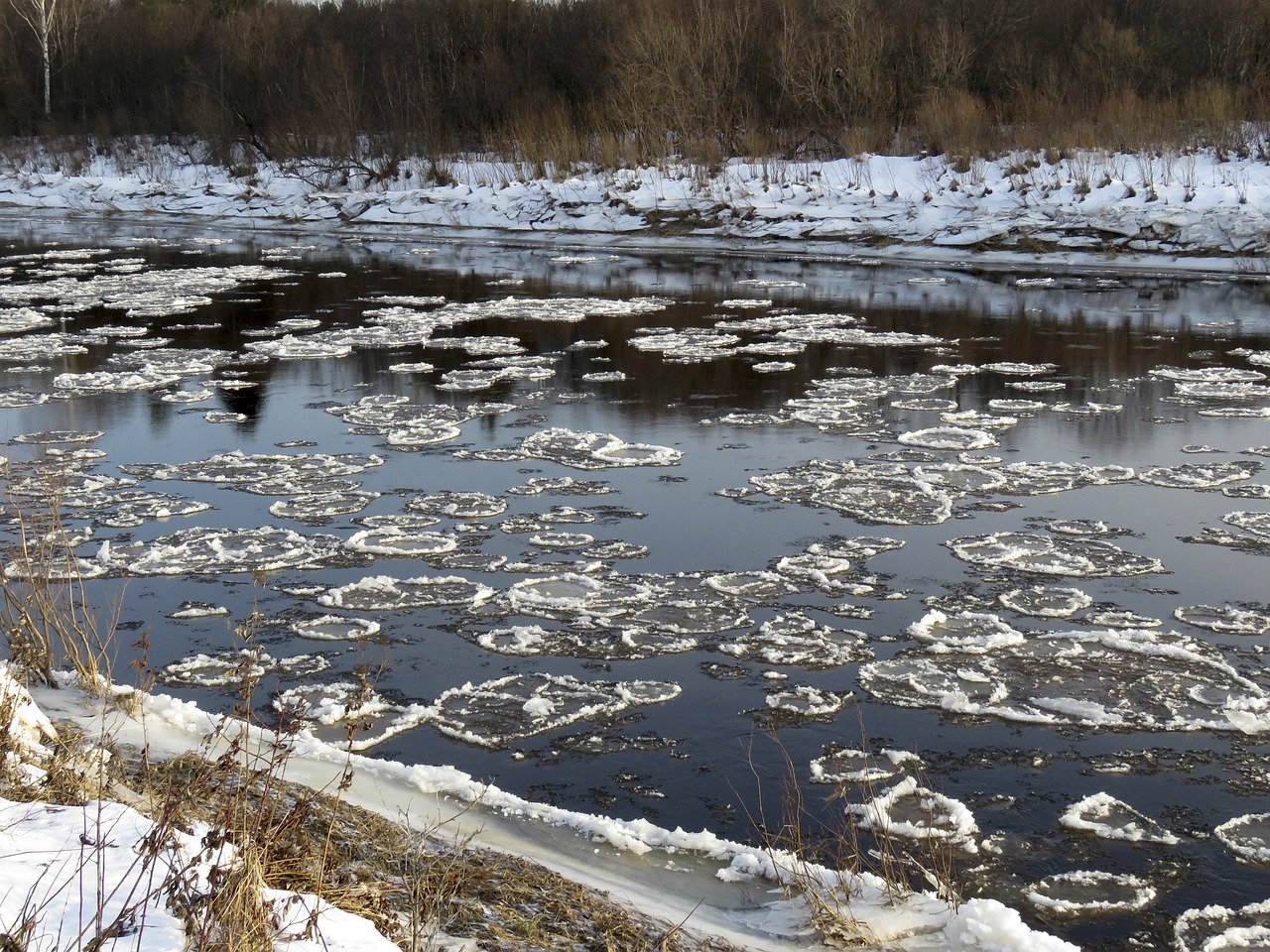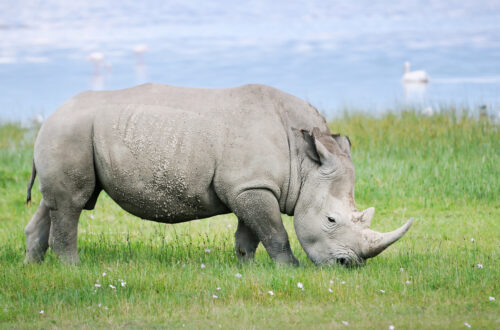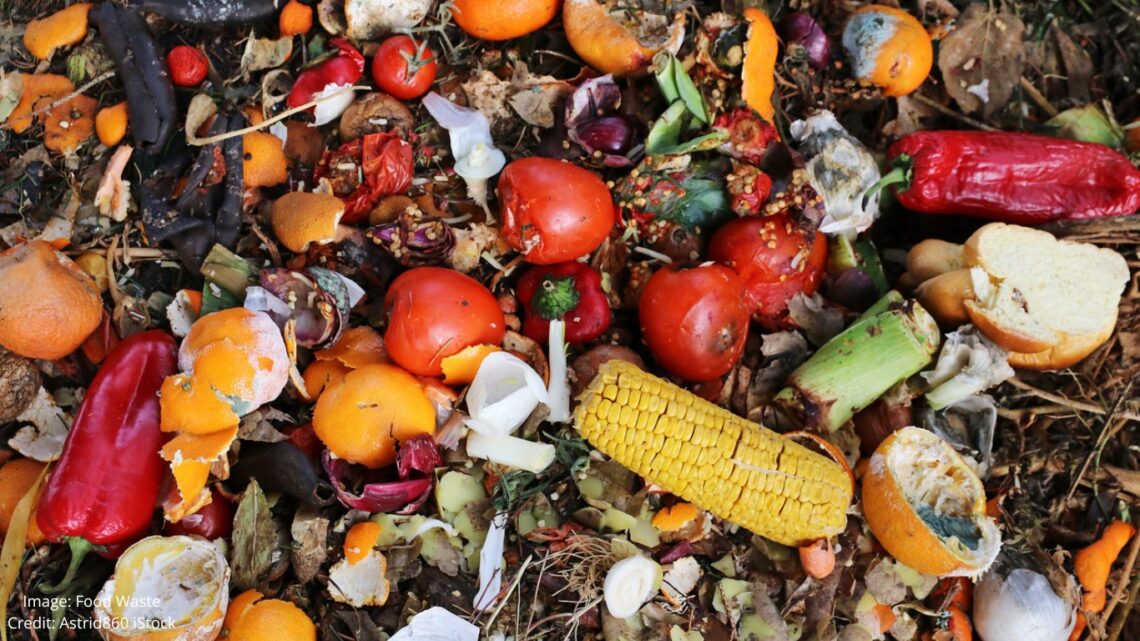
Food Waste: The Big Problem Hiding in Your Trash!
Have you ever thrown away food at home—maybe an apple with a bruise or leftovers you didn’t feel like eating? If so, you’re not alone! I’ve done it, too! People all over the world waste tons of food every single day. But did you know that food waste is a big problem for our planet? Let’s dive into what food waste is, why it matters, and how we can help fix it!
What is Food Waste?
Food waste occurs when people throw away perfectly good food instead of eating it. This waste happens at home, in restaurants, at grocery stores, and even on farms. Some common reasons food gets wasted include:
– Buying too much food and not eating it before it spoils.
– Throwing away leftovers instead of saving them for another meal.
– Tossing out “ugly” fruits and vegetables just because they don’t look pretty.
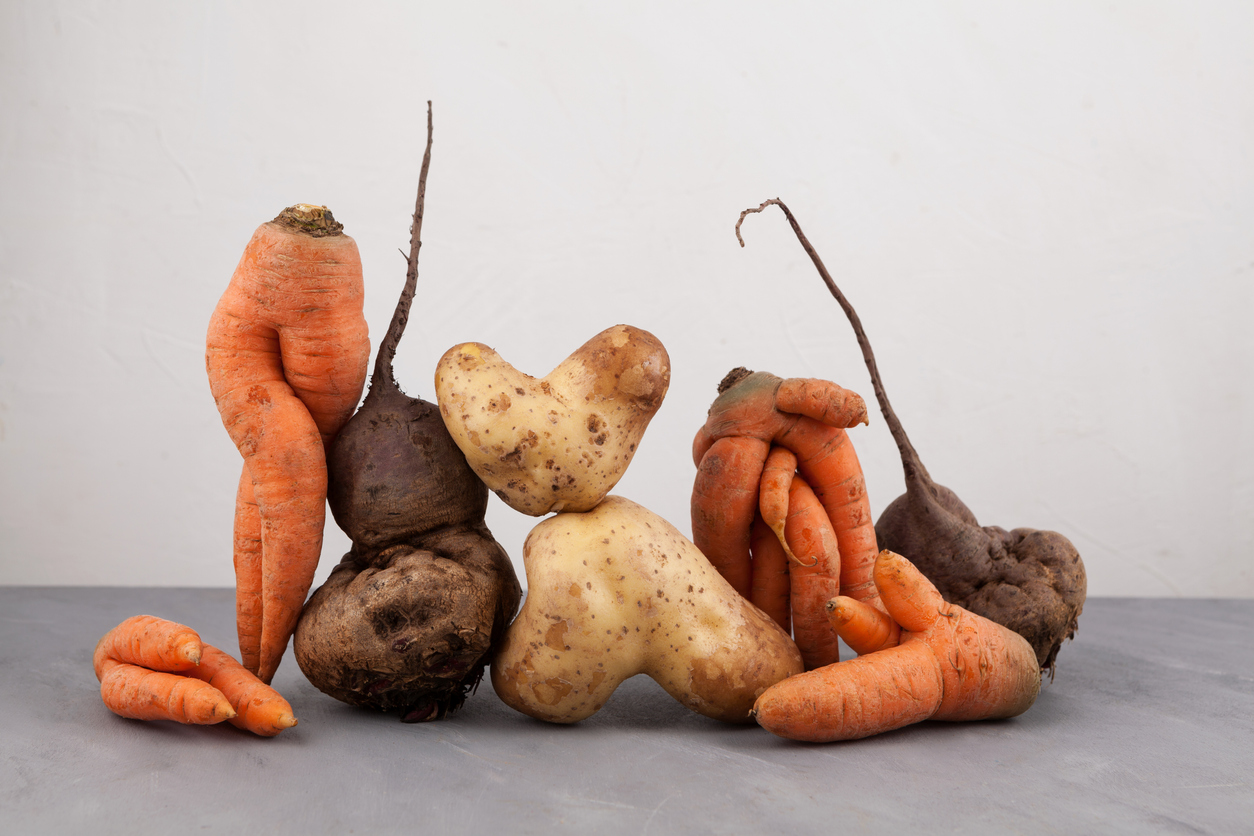
Why is Food Waste a Problem?
Food waste is more than just tossing out something we don’t want—it harms the environment, wastes resources, and even contributes to world hunger. Here’s how:
Wasting Food Wastes Resources
Food takes a lot of work to grow. Farmers use land, water, and energy to produce fruits, vegetables, and other foods. If that food is thrown away, all those resources go to waste, too!
Food Waste Hurts the Environment
When food is thrown into the trash, it often ends up in landfills. There, it rots and releases a gas called methane, which is bad for the environment. Methane is a greenhouse gas that contributes to climate change. I’m very lucky where I live. We have a special facility that turns waste into energy. As the waste breaks down, it creates biogas, which is used to generate electricity!
People Go Hungry While Food Is Wasted
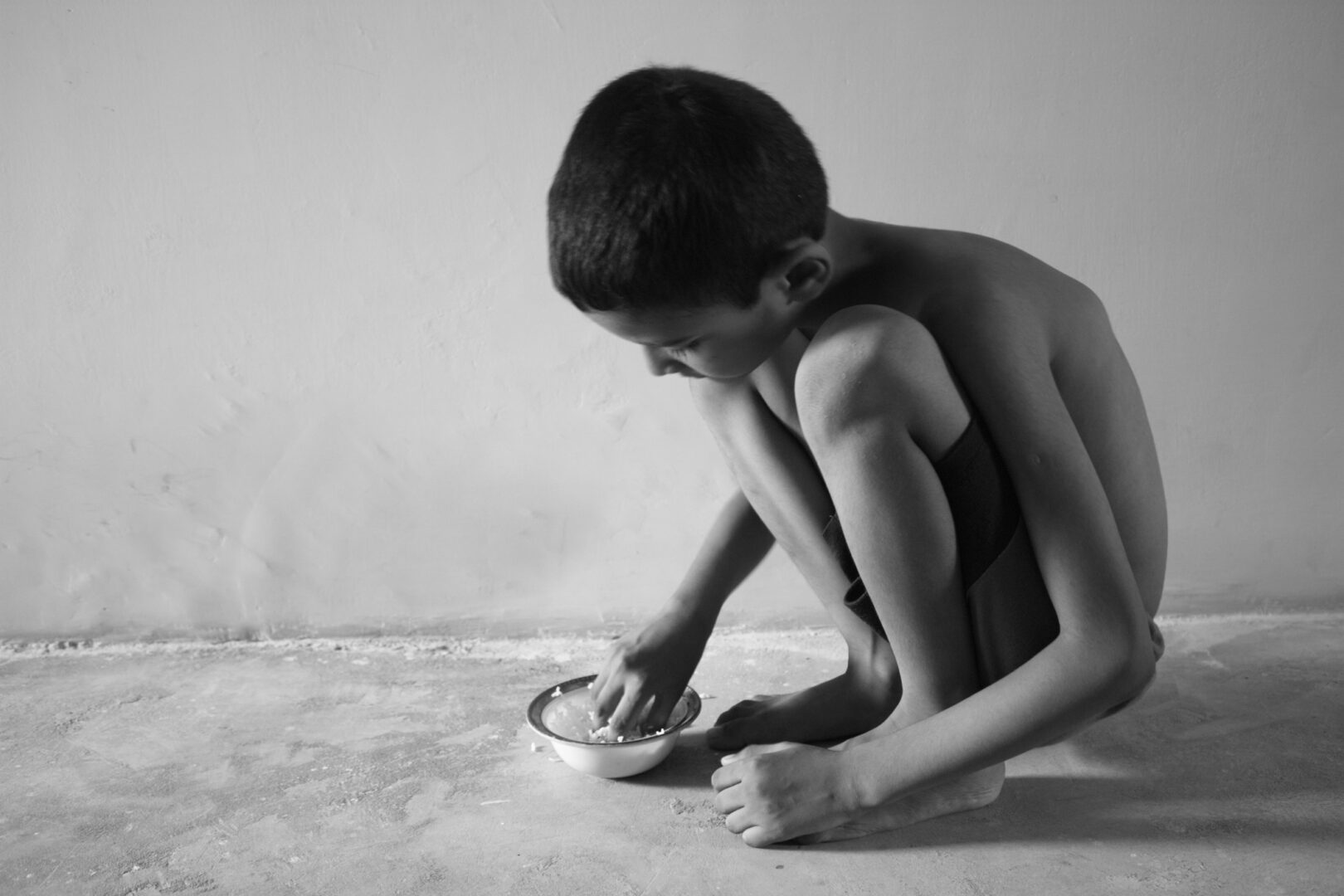
While millions of people don’t have enough food to eat, a lot of perfectly good food is thrown away. If we reduce food waste, we could help more people get the food they need.
What Can We Do to Reduce Food Waste?
Now that we know why food waste is a problem, let’s talk about ways we can help!
Only Buy What You Need – Before going to the store, check what you already have and make a shopping list. This helps avoid buying too much food that could go to waste.
Store Food Properly (more info to come) – Keep fruits and vegetables fresh by storing them the right way. For example, bananas last longer if they’re kept away from apples!
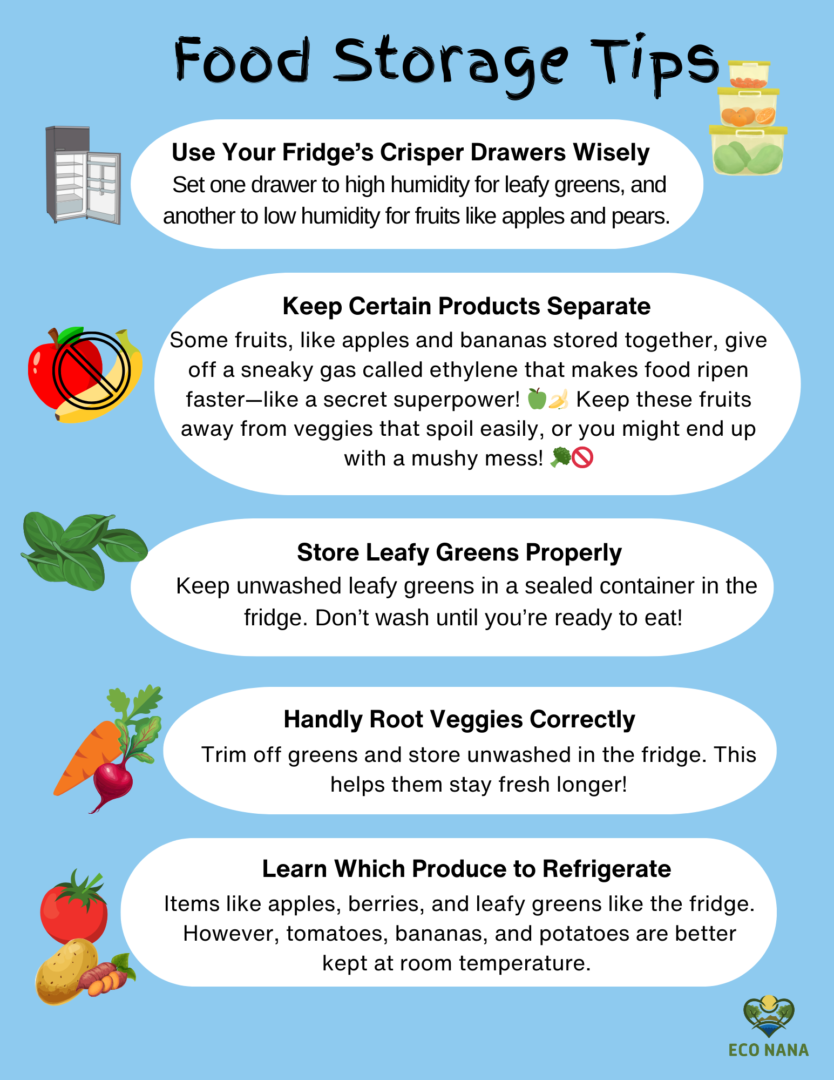
Eat Leftovers (they’re yummy!)
Don’t throw away leftovers! Save them for another meal or turn them into something new. Use leftover veggies to make a tasty vegetable soup. Turn leftover rice into fried rice. Mash old bananas to bake delicious banana bread!
A Small Change Can Make a Big Difference!
If we all work together, we can cut down on food waste and help our planet. Even small actions—like eating leftovers or choosing a funny-shaped potato—can add up to big changes. Let’s start today!
Keep an eye on our Solutions page for awesome tips on how we can all help keep the planet healthy for our kids and grandkids!








